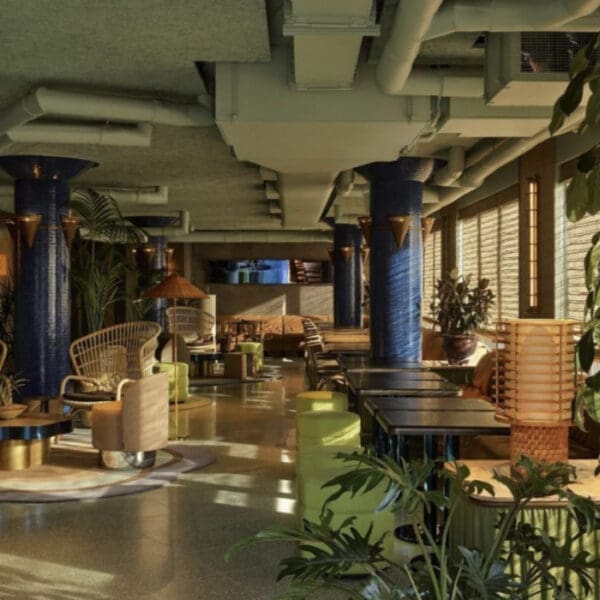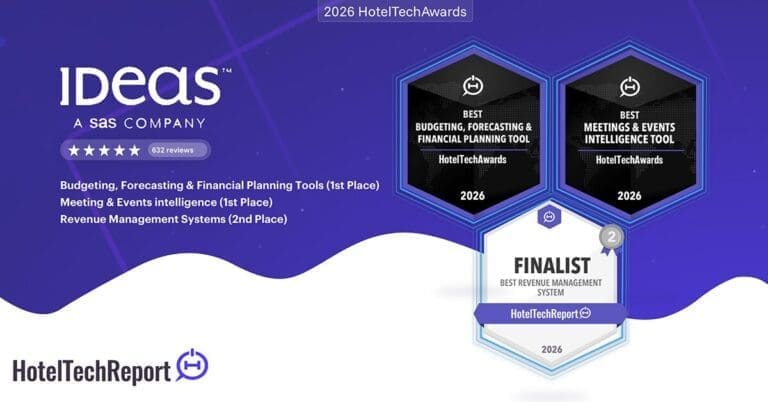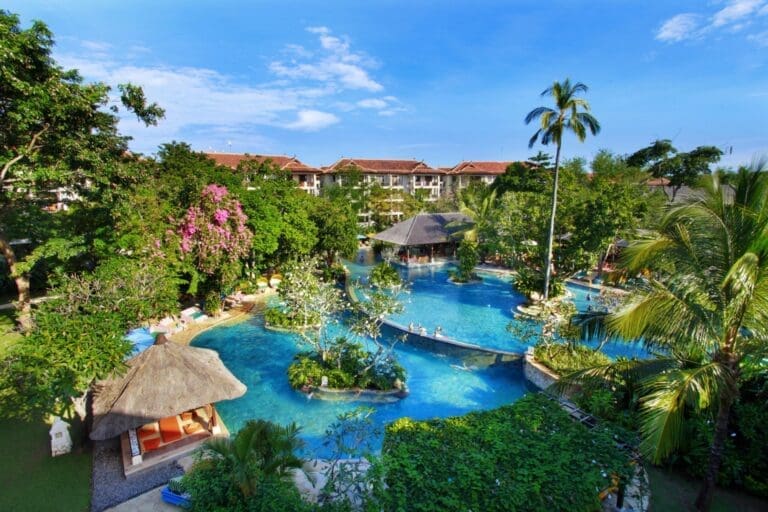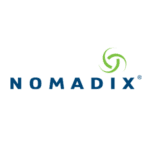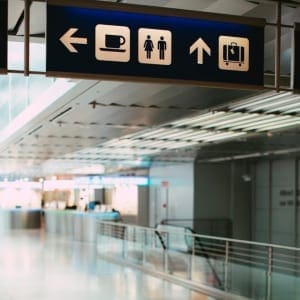It’s arguable no facet of the hospitality and travel industry has been hit harder than the meetings and events (M&E) sector by COVID-19 restrictions and safeguards worldwide. Limitations on group sizes, social distancing guidelines, and widespread cancelations of conferences, conventions, ceremonies, and more have effectively put venue businesses into an unforeseen and lasting hibernation.
 Even now as the industry begins to show signs of recovery—albeit with cautious optimism—M&E providers are faced with the reality that their business will bounce back at a slower rate. As travel and gathering restrictions loosen over the summer, hotels are prepared to welcome back a wave of leisure travelers. Larger-scale events, however, will still be limited for the foreseeable future. Additional headwinds facing the sector are that corporate budgets are likely to be reduced due to softening economic conditions.
Even now as the industry begins to show signs of recovery—albeit with cautious optimism—M&E providers are faced with the reality that their business will bounce back at a slower rate. As travel and gathering restrictions loosen over the summer, hotels are prepared to welcome back a wave of leisure travelers. Larger-scale events, however, will still be limited for the foreseeable future. Additional headwinds facing the sector are that corporate budgets are likely to be reduced due to softening economic conditions.
This will mean hotels will need to be more efficient, creative and transparent in their sales approach, ensuring they deliver a seamless booking experience given competition for events is likely to be fierce. So, where should M&E providers focus their efforts today to assist with their recovery?
Remove Booking Barriers
Larger scale corporate events have traditionally involved multiple rounds of negotiation before coming to mutually agreed upon budget and contract terms. Hotels that rely on this same labor-intensive work process to secure M&E bookings in a post COVID-19 world may find themselves losing business to rival properties who are more upfront about base-level costs to make for easy comparison.
Many corporate bookers will continue to work remotely over the coming months, yet still will have to secure multiple project quotes for each client to evaluate the best venue and package for their budget. In the case of smaller events, professional bookers may no longer be involved as those duties may have been shifted to administrative team members during workforce consolidations.
A hotel which displays pricing for M&E packages and which features booking facilities online, rather than adding barriers by instructing bookers to call a sales number for further details, will be making a booker’s life easier and help position their property to secure more business.
Shift the Focus
It is likely government restrictions will relax faster for smaller scale events, where limited group sizing means social distancing can be effectively practiced. Hotels looking to shift their focus to smaller groups should investigate if large function spaces can be proactively split into smaller event spaces to accommodate small meetings. Additionally, catering for smaller scale events will need to be re-evaluated as well to focus on individually prepared and served meals as opposed to communal buffets, which will not meet social distancing or contactless food delivery requirements.
As employees return to office buildings, local businesses may not have the necessary meeting space required by social distancing regulations to host meetings. Hotels should get creative with their operations, look to book business not only by the day but by the hour. Additionally, sales and marketing should work together to build a unique campaign aimed at office managers with the local businesses.
Optimize the Downtime
While quieter operating periods in the M&E sector are not usually welcomed, they do present an opportunity to assess an M&E provider’s place in the market, evaluate their offering compared to competitors and reset their strategy. M&E professionals should be currently conducting research on previous events, honestly assessing strengths or weaknesses of their venue, catering and staffing, in order to highlight areas that need improvement.
With virtual conferencing on the rise, take the time to evaluate the quality of your hotel’s audiovisual technology offerings and equipment. Assess the space available in your hotel to provide a suitable environment for live-streamed meetings involving a mix of physical and virtual attendees. If this is a strength for your hotel, market and promote it.
M&E professionals should also use any downtime to call previous bookers and repeat business from the last year to thank them for their business and probe for information on how they view the property and offerings in comparison with the competition. These discussions can help identify weaknesses to be addressed and help strengthen customer relationships for new business.
Get Smart with Your Tech
Now is also an opportune time to explore technology offerings that will enhance the efficiency and profitability of your M&E operation in aid of your recovery efforts. For those already utilizing an M&E business-intelligence and strategy solution, take the time to explore the educational and upskilling resources available to you within your technology to improve your job performance and gain more from your software investment.
New innovations in leading technology in the space can include the ability to filter by demand for individual revenue streams and to understand demand by group size to accept the most valuable M&E business, especially as optimizing smaller-size booking opportunities will be critical in the coming months.
Forecast, Forecast, Forecast
Hoteliers need to forecast in granular level detail by evaluating demand daily. If any trends impacting M&E business are present, they should be projected into the forecast along with the anticipated impact from any government or corporate announcements. By constantly evaluating demand and understanding lead-time and booking-pattern changes, sales and marketing teams can proactively build strategies to fill low periods or redirect efforts to focus M&E promotions for dates that previously experienced a concentration of cancelations.
Hoteliers also need to constantly monitor cancelation activity to determine if existing bookings can be moved and allocated into different parts of the property, without being a detriment to a guest’s experience. This reallocation process will allow meeting rooms to be fully shut down, and reduce utility costs, therefore helping to protect profitability.
To aid with long-term, or yearly, forecasting, M&E professionals need to accurately analyze demand data through the COVID-19 period. Analysis is needed to indicate if trends like low occupancy are likely to reoccur, or if this is a non-regular event due to higher levels of cancelations because of lockdown measures. Accurate data analytics and M&E business-optimization technology will assist with forward planning and help understand which trends are relevant, and which are not, to assist in building future forecasts.
The M&E sector will continue to face disruptions over the coming months and beyond due to COVID-19. From ensuring venues can meet social distancing regulations, to practicing enhanced cleaning and food preparation and delivery processes, there are challenges ahead. However, throughout history the hospitality industry has weathered tough periods and has continued to prove its resilience. Now is the time to prepare for the future and reposition your M&E business for the better, healthier days which lie ahead.
About Kate Keisling, Sr. Product Manager, IDeaS
 Keisling is the senior product manager for the IDeaS SmartSpace solution and is a respected product strategist and team builder experienced in training, support, project management, reporting analysis, product management and partner management. She has advised CXOs at dozens of four- and five-star hospitality companies on best practices for implementing enterprise and property-level solutions.
Keisling is the senior product manager for the IDeaS SmartSpace solution and is a respected product strategist and team builder experienced in training, support, project management, reporting analysis, product management and partner management. She has advised CXOs at dozens of four- and five-star hospitality companies on best practices for implementing enterprise and property-level solutions.


